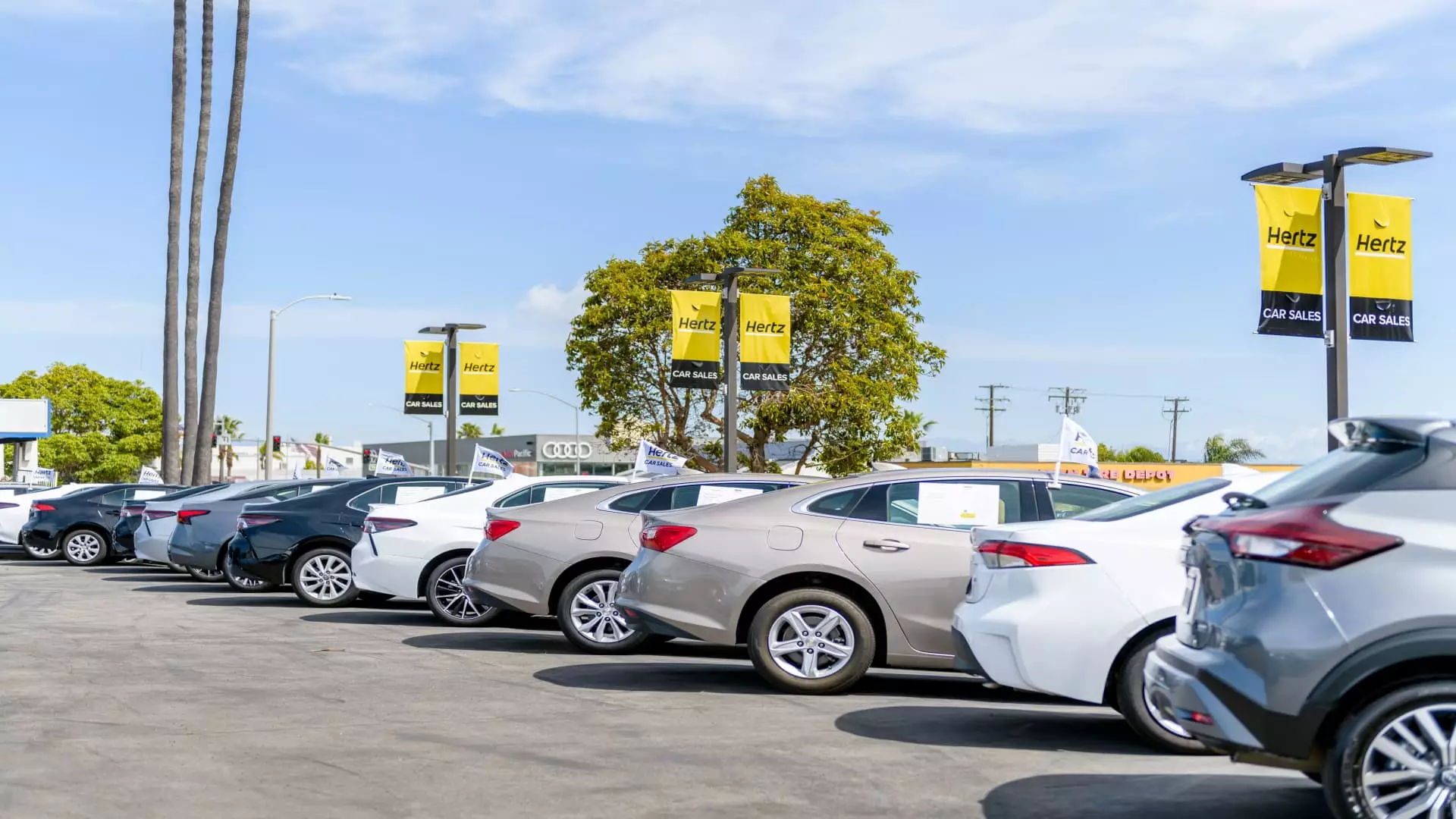Hertz’s recent partnership with Amazon Autos signals a daring shift within the traditional auto sales paradigm. Historically, major car rental firms focused solely on fleets and rentals, leaving the retail side to dealerships entrenched in brick-and-mortar models. By venturing into the preowned vehicle market through Amazon, Hertz isn’t just experimenting—it’s positioning itself as a forward-thinking disruptor willing to challenge entrenched industry norms. This move indicates a belief that digital platforms are the future gatekeepers of automotive commerce, a stance firmly rooted in the principles of consumer empowerment and technological progression. Instead of viewing this partnership as merely a diversification tactic, it reflects Hertz’s acknowledgment that modern consumers demand convenience, transparency, and seamless online experiences. This strategic pivot, driven by a pragmatic understanding of recent market trends, could potentially elevate Hertz from a rental-centric enterprise to a formidable player in the automotive retail space.
Capitalizing on the Digital Shift: The Power and Pitfalls
The alliance with Amazon Autos unlocks a universe of opportunities for Hertz, most notably heightened visibility among a broad customer base already accustomed to online shopping. By leveraging Amazon’s enormous platform, Hertz can bypass traditional dealership barriers, making its used vehicle inventory accessible to millions nationwide. This move also aligns with broader societal shifts where online platforms dominate consumer purchasing patterns, fostering a sense of trust and familiarity. However, this digital push isn’t without its inherent risks. The used car market has long grappled with quality assurance and transparency issues, which could be exacerbated in a purely online transaction environment. If Hertz fails to maintain high standards of vehicle inspection and customer service, it risks undermining its reputation and customer trust. The company must carefully craft a seamless, reliable purchasing experience that reassures buyers about the quality and authenticity of their vehicles. In this sense, the digital expansion is a double-edged sword, capable of generating substantial growth if handled judiciously, or superficial gains that could erode long-term credibility.
Strategic Implications for Hertz’s Broader Business Model
This partnership must be viewed within the strategic context of Hertz’s broader turnaround effort. After experiencing bankruptcy during the peak of the COVID-19 pandemic and suffering setbacks in electric vehicle initiatives, Hertz has increasingly pivoted toward a retail-focused approach to diversify income streams. The timing of this new endeavor reflects a calculated effort to capitalize on lingering pent-up demand for used vehicles and transfer some of that retail momentum outside the rental corridor. The introduction of Rent2Buy further exemplifies this shift—creating a hybrid model that blurs lines between renting and buying, catering to a segment of consumers hesitant to commit without trying firsthand. Such initiatives suggest Hertz is aiming for market agility, embracing customer-centric models that emphasize flexibility and confidence. Still, there’s an inherent tension in maintaining efficiency and consistency across rental and retail operations simultaneously. The success of this strategy hinges on Hertz’s ability to execute quality control and brand differentiation in an increasingly crowded online space, where competitors like Carvana and traditional dealership chains vie fiercely for dominance.
The Future: Risks and Rewards on the Horizon
Hertz’s ambitions are bold, but they are not free from significant hurdles. The auto retail industry is notoriously competitive, with tight margins and high customer expectations. Amazon’s entry could intensify this competition by pushing prices down and forcing traditional dealers to innovate rapidly. Meanwhile, Hertz’s focus on expanding its used vehicle sales through digital channels must be matched with effective logistics, customer service, and thorough vehicle vetting procedures. Failing to do so could result in reputational damage that’s difficult to repair. Conversely, if Hertz manages to harness Amazon’s reach while delivering a consistently high-quality buying experience, it could emerge as a hybrid pioneer—merging rental expertise with retail savvy at an unprecedented scale. The potential for profit acceleration in used vehicle sales, coupled with robust brand positioning, might set a new standard for what a rental company can achieve in the broader automotive industry.
This evolving landscape insists that Hertz adopt a pragmatic yet innovative approach, recognizing the delicate balance between digital transformation and operational excellence. Their gamble, while fraught with risks, could ultimately position them at the forefront of automotive retail evolution if executed with precision and strategic foresight.


Leave a Reply